1. Annie Turnbo Malone’s Poro College Changed Black Haircare Forever
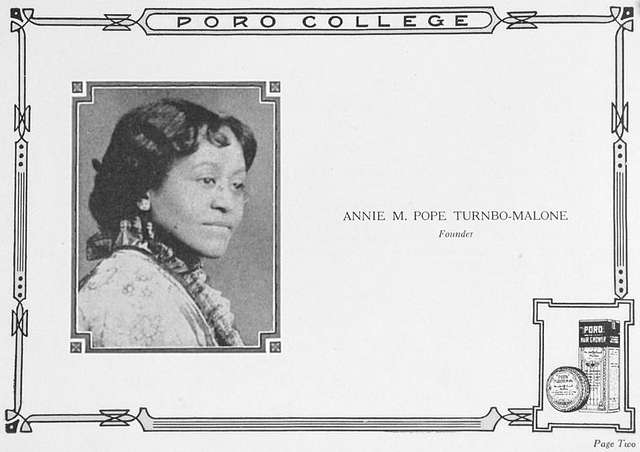
Before Madam C.J. Walker became a household name, Annie Turnbo Malone was already making waves in the Black haircare industry. In the early 1900s, Malone developed a line of hair products specifically designed for Black women, a market that was largely ignored by mainstream beauty brands. She created the “Wonderful Hair Grower,” a product that helped strengthen and grow textured hair. But she didn’t just sell hair products—she built an empire. In 1918, she founded Poro College in St. Louis, a massive facility that served as a school, manufacturing plant, and community center. The college trained thousands of women in haircare, business, and self-sufficiency, giving them the skills to become financially independent. Malone was one of the first Black female millionaires, but her contributions have often been overshadowed by those who came after her says the Vox.
Despite her success, Malone’s story isn’t as well-known as it should be. She faced legal battles, betrayals, and financial hardships, eventually losing much of her fortune. Still, her influence can’t be erased. Poro College set the standard for Black beauty schools and paved the way for future entrepreneurs in the industry. Many of her students, including Madam C.J. Walker, went on to build their own successful businesses. Without Malone, the Black haircare industry as we know it might not exist. She proved that Black women could not only be consumers but also creators and business leaders. Today, her legacy lives on in every Black-owned beauty brand. If you’ve ever used a hair product designed for textured hair, you have Annie Turnbo Malone to thank for helping start the movement explains the Grio.
2. The Dudley Products Empire Was a Staple in Black Hair Salons

When Dr. Joe Dudley and his wife Eunice started selling haircare products out of their car in the ‘60s, they had no idea they were building an empire. The couple, armed with just $10 and a dream, turned their door-to-door sales into one of the biggest Black-owned haircare brands in America according to the New York Times. Dudley Products wasn’t just about selling shampoos and conditioners; it was about economic empowerment. They believed in training Black salespeople and entrepreneurs, giving them opportunities to build wealth in an industry that often shut them out. By the ‘70s and ‘80s, Dudley salons and training programs were everywhere. They created an entire network of Black business owners who thrived under the Dudley brand.
At its peak, Dudley Products was generating millions and was a staple in Black households and salons. But as mainstream companies began targeting Black consumers, independent brands like Dudley struggled to compete. The rise of mass-produced, corporate-backed beauty products pushed many Black-owned businesses out of the market. Though the Dudleys kept their business alive, their dominance faded over time. Still, their influence is undeniable. They set the standard for Black business ownership in the beauty space and inspired countless entrepreneurs. Even today, their business model of empowerment and self-sufficiency is one that many Black-owned brands aim to replicate.
3. The Black Swan Record Label Gave Black Artists a Platform
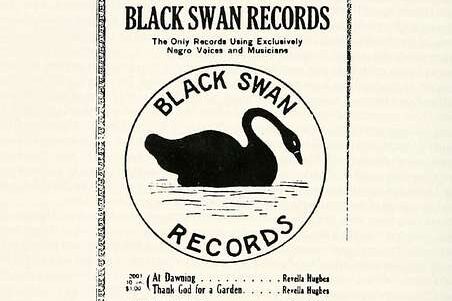
In 1921, Harry Pace founded Black Swan Records, the first Black-owned record label in the United States says NPR. At a time when the music industry was dominated by white-owned companies, Black artists had few opportunities to record and distribute their music. Pace, a businessman and music publisher, wanted to change that. Black Swan Records signed some of the biggest Black musicians of the era, including Ethel Waters and Alberta Hunter. The label gave Black artists a platform to share their voices and tell their stories without being exploited by white executives.
For a while, Black Swan was a game-changer. The company proved that there was a huge market for Black music and that Black-owned labels could succeed. Unfortunately, financial struggles and competition from larger labels eventually forced Black Swan to shut down in 1924. Despite its short lifespan, its impact was lasting. It paved the way for future Black-owned record labels like Motown and Def Jam. Harry Pace’s vision of Black creative ownership still resonates today. Every Black musician who fights for control over their music owes something to Black Swan’s groundbreaking efforts.
4. The Mitchell Family’s HBCU Yearbooks Preserved Black College Life
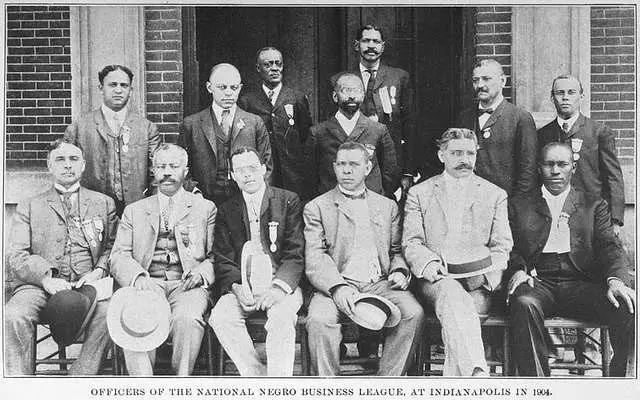
Long before social media, the Mitchell family’s publishing company, the National Negro Press Association, documented Black college life in a way no one else did. Starting in the 1910s, they printed yearbooks and other publications for Historically Black Colleges and Universities (HBCUs), capturing the experiences of Black students across the country. Their work was more than just printing books; it was about preserving history. In an era where mainstream publications ignored or misrepresented Black people, the Mitchells created a record of Black excellence, activism, and achievement.
Their business flourished for decades, serving as the go-to source for HBCU yearbooks and student publications. But as digital media took over and printing costs rose, their influence waned. Still, their archives remain an invaluable resource for historians and Black alumni. Many of their yearbooks contain photos and stories of future civil rights leaders and cultural icons. Without their work, much of Black collegiate history might have been lost. Even today, their publications serve as a reminder of the importance of Black-owned media in shaping narratives.
5. Motown Helped Define American Music, But Its Ownership Changed
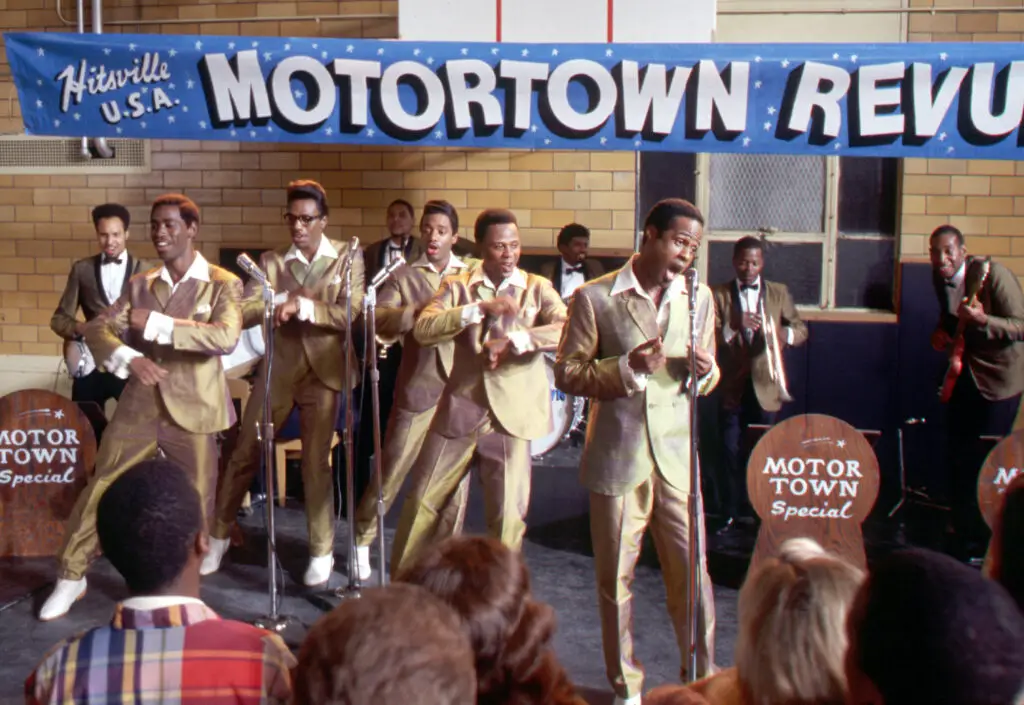
Berry Gordy’s Motown Records wasn’t just a record label—it was a cultural revolution. Founded in 1959, Motown gave the world legendary artists like Marvin Gaye, The Supremes, and Stevie Wonder. It was one of the first Black-owned music companies to achieve mainstream success, proving that Black artists could dominate the charts. Gordy ran the label like a family business, mentoring young musicians and helping them craft hit after hit.
Motown’s impact on music and Black entrepreneurship was massive, but by the late ‘80s, things changed. Gordy sold the label in 1988, and with that, it was no longer Black-owned. While Motown’s legacy remains, its shift in ownership highlights a pattern seen in many successful Black businesses—once they reach a certain level, they’re often bought out by larger, white-owned corporations. Still, its influence paved the way for independent Black music moguls like Jay-Z and Diddy.
6. The Ebony and Jet Magazine Empire Defined Black Media
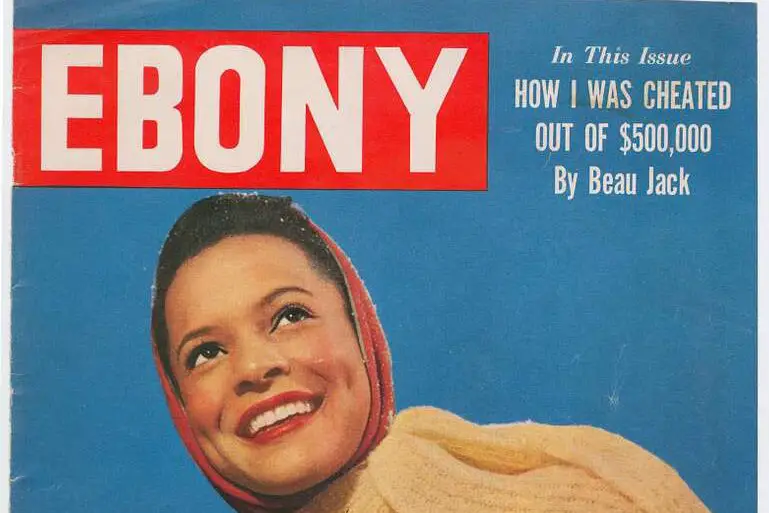
John H. Johnson founded Ebony and Jet magazines in the ‘40s and ‘50s to showcase Black life in a positive, powerful way. At a time when mainstream media ignored Black stories or portrayed them negatively, these magazines were a lifeline. They covered everything from politics to fashion, giving Black America a sense of pride and representation.
For decades, Ebony and Jet were must-reads in Black households. But as print media declined and ownership changed, their influence faded. In 2016, the magazines were sold, and while they still exist, they’re not what they once were. Still, their impact on Black media is undeniable. Without them, the world might not have seen iconic photos like Emmett Till’s open casket or the first Black supermodels.
7. Negro League Baseball Thrived Until Integration Changed the Game
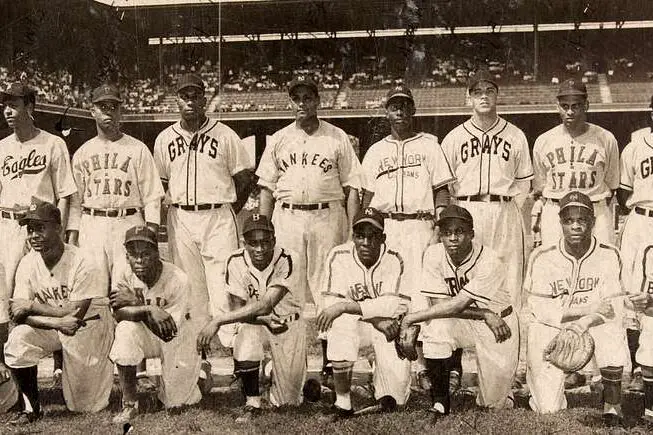
Before Jackie Robinson broke the color barrier, the Negro Leagues were where Black baseball players showcased their talent. Founded in 1920, these leagues gave Black athletes opportunities when Major League Baseball shut them out. Teams like the Kansas City Monarchs and the Homestead Grays were filled with some of the best players in history, including Satchel Paige and Josh Gibson.
The leagues were more than just baseball—they were Black-owned businesses that created jobs and built communities. But after integration, many top players left for the MLB, and the Negro Leagues collapsed. While integration was a victory, it also meant the loss of a major Black-owned sports enterprise. Today, the Negro Leagues’ history is often overlooked, but their impact on baseball and Black entrepreneurship was enormous.
